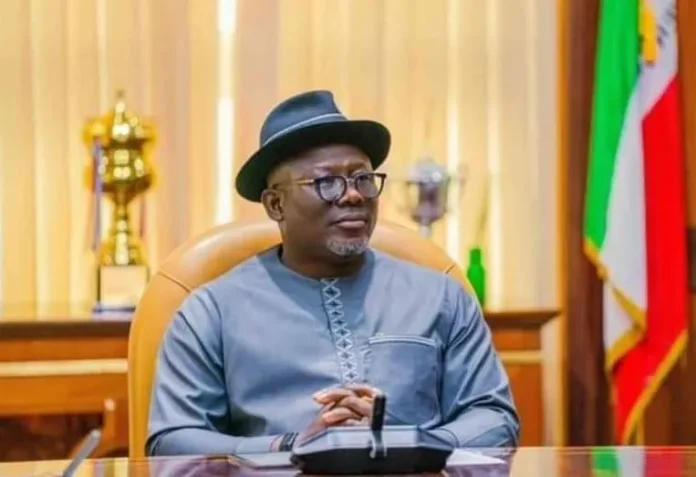SINCE its creation on August 27, 1991, following the dissolution of the defunct Bendel State, Delta State has stood as a bold experiment in diversity, coexistence, and common destiny. For 34 years, the state—made up of Anioma, Urhobo, Isoko, Itsekiri, and Ijaw ethnic nationalities—has navigated the complex waters of integration, resource allocation, and political equity, striving to forge a united front under the proud banner of The Big Heart.
Yet, like any plural society, particularly one birthed from the seams of an old political entity, Delta has experienced its share of discomfort—mostly manifesting in the form of perceived exclusions, and muted whispers of marginalization. Such sentiments, often amplified during transitions of power or the early days of an administration, are not unexpected in federated arrangements. However, they are also signals—of a politically conscious citizenry who demand inclusion, equity, and representation in the affairs of the state.
It is within this context that we commend the reassuring posture of Governor Sheriff Oborevwori, who, at the 19th edition of the Anioma cultural festival, anchored by the Organisation for the Advancement of Anioma Culture (OFAAC), extended not just a hand of fellowship, but a concrete pledge that no part of the state, particularly Delta North, will be left behind.
Represented by his deputy, Sir Monday Onyeme, the Governor used the opportunity to recognize the immense contributions of the Anioma people, just as he promised the completion of all existing and new projects in the zone—affirming that without the region’s pivotal support during the 2023 governorship election, his mandate may not have materialized.
This is not mere rhetoric. Leadership listens, acknowledges, and responds. It is the kind of leadership that understands that democracy is not just about winning elections—it is about carrying people along after the ballots have been counted.
Governor Oborevwori’s words, and more importantly, his tone, have helped to calm any perceived frayed nerves and restore confidence in areas where people feel either forgotten or left behind in the scheme of infrastructural and developmental priorities.
However, words must continually reflect in visible actions. Democracy’s greatest currency is trust, and that trust is renewed every day—not just at the ballot box but on the streets where roads are either tarred or left to erode, in health centres that either serve or suffer neglect and in communities that either feel heard or perennially sidelined.
We acknowledge that the governor has made commendable strides so far—evident in the pace of ongoing development projects across the state and the growing list of acclamation he has earned both within and beyond Delta. These are visible testimonies to a leadership that is trying to meet the people where they are. Yet, we urge him to do more. Do more not because he has failed, but because the hunger for progress among the people is insatiable—and rightly so. The beauty of democracy is that it raises expectations, and those expectations must be met with responsive governance.
Furthermore, we call on Governor Oborevwori to strengthen inclusion by deepening consultation with community leaders across the state. Regular town hall meetings, grassroots engagements, and participatory policy dialogues should become fixtures of governance and not just campaign-related activities. When people are seen, they feel included. When they are heard, they become invested. It is through these platforms that the Governor can truly demystify governance and build a legacy of shared ownership.
As the administration progresses, it must also reflect the true diversity of the state in appointments, empowerment programmes, and critical infrastructural interventions. Equity in governance is not charity—it is the right of every constituent group. In addition, it is in fulfilling this right that the promise of Delta State as an ideal of unity in diversity will find full expression.
Basically , we believe that Governor Oborevwori has a rare opportunity—not just to lead, but to heal, to unite, and to build. His assurance at the Anioma cultural festival was more than a political statement—it was a moral commitment.
We urge him to uphold it with boldness and sincerity. Let every community, every ward, every ethnic group, and every family feel the pulse of progress, the warmth of inclusion, and the promise of a greater Delta as expressed in the MORE Agenda. In the end, governance is about the people. And when the people rise together, the state soars.


